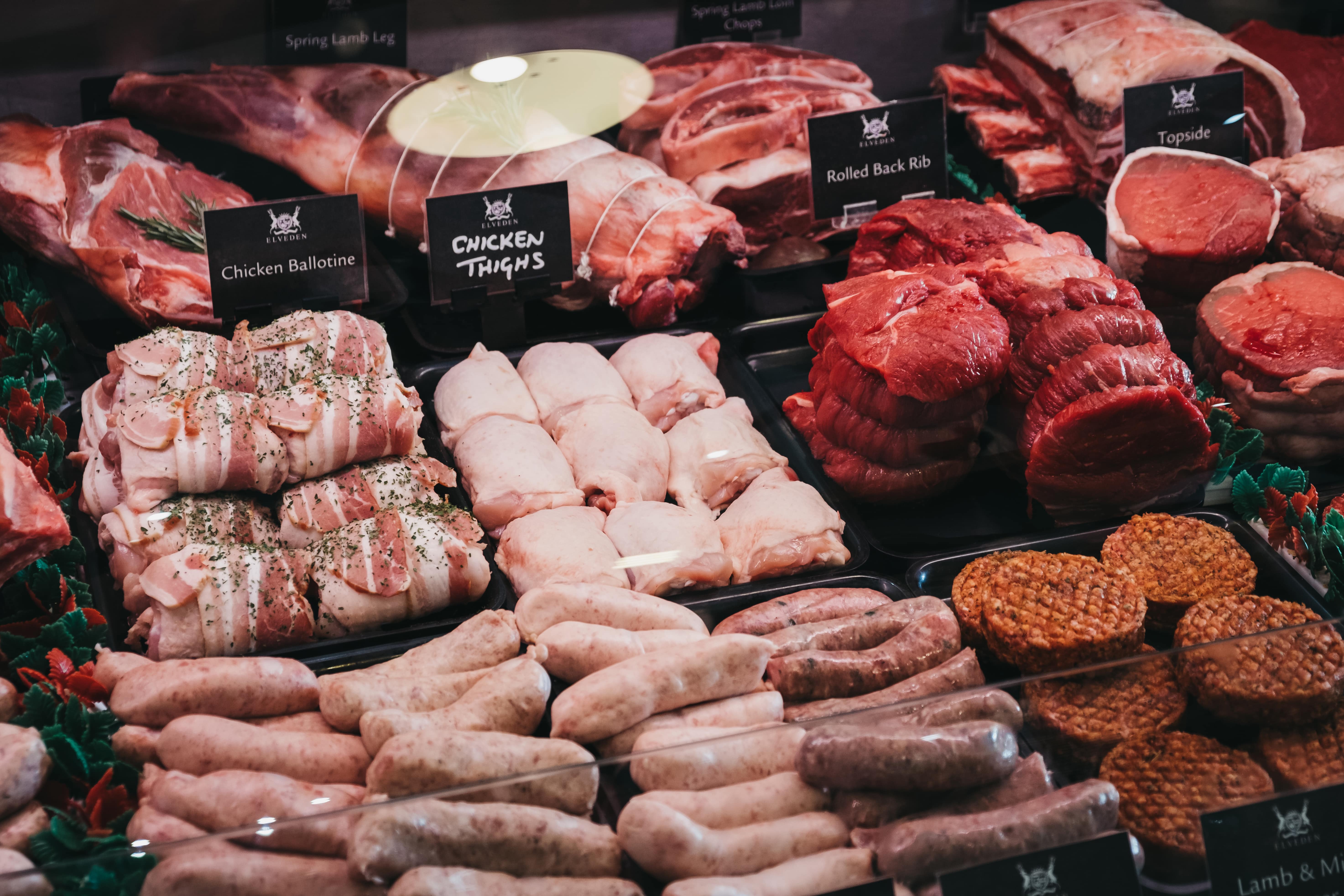Post-Brexit Trade in Northern Ireland Remains an Issue
The Northern Ireland Protocol
While negotiating Brexit, all sides agreed to preserve the Northern Ireland peace deal, opening the border linking the Republic of Ireland, a member of the EU, and Northern Ireland, a part of the UK, and avoiding new infrastructures like cameras border posts. However, after Brexit, a new arrangement was required as the EU needs certain products inspected at the point of entry into its single market. Hence, the UK and the EU agreed on the Northern Ireland Protocol, which was taken into effect on 1 January 2021.
How checks between the UK and Northern Ireland work. Source: BBC
The EU has placed strict rules regarding what goods enter its markets, such as meat, milk, fish, and eggs. Certain products arriving in Northern Ireland from the UK are monitored to ensure they meet EU standards and go through a border control post, where paperwork is reviewed, and physical inspections are conducted. According to Reuters, the new system has not been well received and has been blamed for the nightly street violence and protests in recent weeks.
Impact on UK-Northern Ireland trade
Northern Ireland exists within the EU single market framework for goods since Britain exited the European Commission on 31 December 2020 to secure an open border with the Republic of Ireland, an EU member. As a result, Northern Ireland requires checks on goods coming from other regions of the UK. Initially, supermarkets in Northern Ireland were issued an initial three-month grace period, during which the rules did not apply to food products they bring into Northern Ireland. This would allow them to adapt to ensure adequate quantities of supplies were maintained. Certain meat products such as sausages were issued a six-month grace period.

However, disruptions occurred at the beginning of the year with certain types of fresh produce in demand. As a result, the UK made a unilateral decision on 3 March 2021 to extend the period until October and apply further unilateral decisions facilitating trade between the UK and Northern Ireland. This led to retaliatory action from the EU, straining relations between both parties and leading to a deadlock in negotiations regarding the Northern Ireland protocol.
Resolution expected soon
Members of the Republic of Ireland's government, such as the foreign minister, have iterated their belief that the UK and the EU can resolve the remaining issues concerning post-Brexit trade in Northern Ireland, particularly in finding a middle ground on animal and animal product checks. Negotiators from the UK and the EU have stated that they will accelerate discussions in the coming weeks to resolve all issues regarding implementing the Northern Ireland protocol.
Sources:
- Reuters. “Ireland confident of solution for post-Brexit Northern Ireland trade.”
- Reuters. “Australian minister hails "real momentum" in UK trade talks.”
- Reuters. “Brexit reality stokes fears for the peace in Northern Ireland.”
- BBC. “Brexit: What is the Northern Ireland Protocol and why are there checks?”